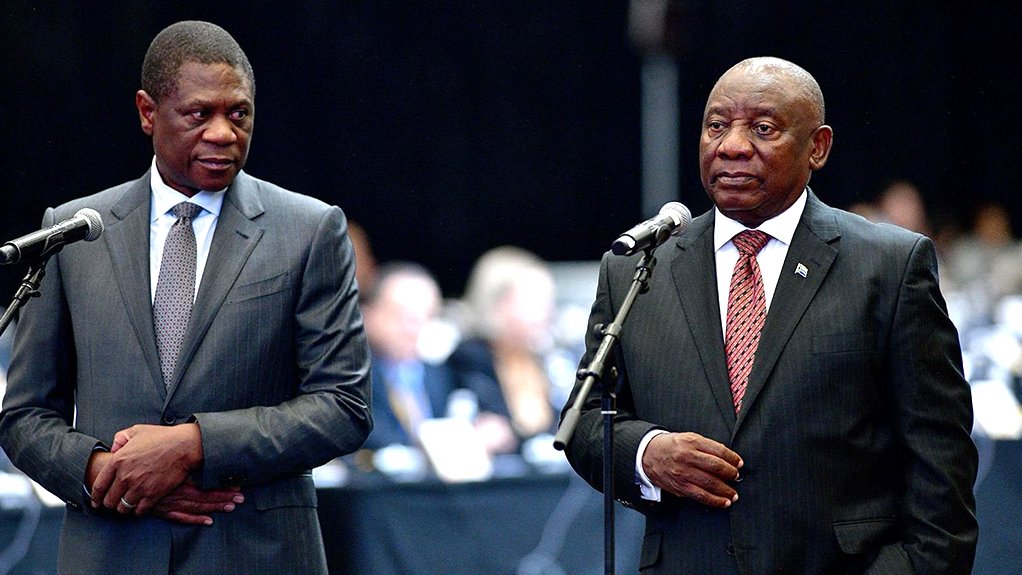S&P Global Ratings does not expect any significant policy shift as a result of South Africa's government of national unity (GNU) formed following the May 29 elections when the African National Council (ANC) failed to secure an overall majority for the first time since 1994.
The ANC’s GNU proposal was opened to all parties and a Statement of Intent outlining principles and basic minimum programme of priorities has been signed by the Democratic Alliance, the Inkatha Freedom Party, and the Patriotic Alliance, with other parties also expected to join.
In a statement, which S&P Global Ratings said did not constitute a rating action, the agency described the election outcome as broadly favourable for the economic and fiscal outlook when compared with the alternatives.
“Nevertheless, we expect the government will face an uphill battle to revive growth and maintain fiscal discipline, while navigating the new realities of coalition politics,” the statements reads.
It claims that ideological differences between the ANC and the DA on issues such as affirmative action and foreign policy could destabilise government.
“While increased political participation and a push from the more market-oriented DA could drive stronger reform momentum, coalitions are untested at the national level.
“At the provincial and municipal levels, coalitions have been volatile and resulted in a high turnover of mayors.
“Moreover, attempts by the main left-leaning opposition parties, uMkhonto weSizwe and Economic Freedom Fighters, to block legislation could increase instability.”
S&P Global Ratings argued that the election results pointed to increasing public frustration over deteriorating economic conditions, poor services delivery, the legacy of State capture, and high inequality and unemployment.
“GDP per capita was $6 200 in 2023 and remained below 2006 levels.
“At the same time, gross general government debt has steadily increased to 76% of GDP in 2023, from 45% a decade ago, while interest costs are just below 20% of government revenues.
“The high interest burden and social spending constrain the government's capacity to deal with any new economic emergencies.”
S&P Global Ratings South Africa's real GDP will increase by 1.1% in 2024 and an average of 1.3% between 2025 and 2027, from 0.6% in 2023.
EMAIL THIS ARTICLE SAVE THIS ARTICLE ARTICLE ENQUIRY FEEDBACK
To subscribe email subscriptions@creamermedia.co.za or click here
To advertise email advertising@creamermedia.co.za or click here











